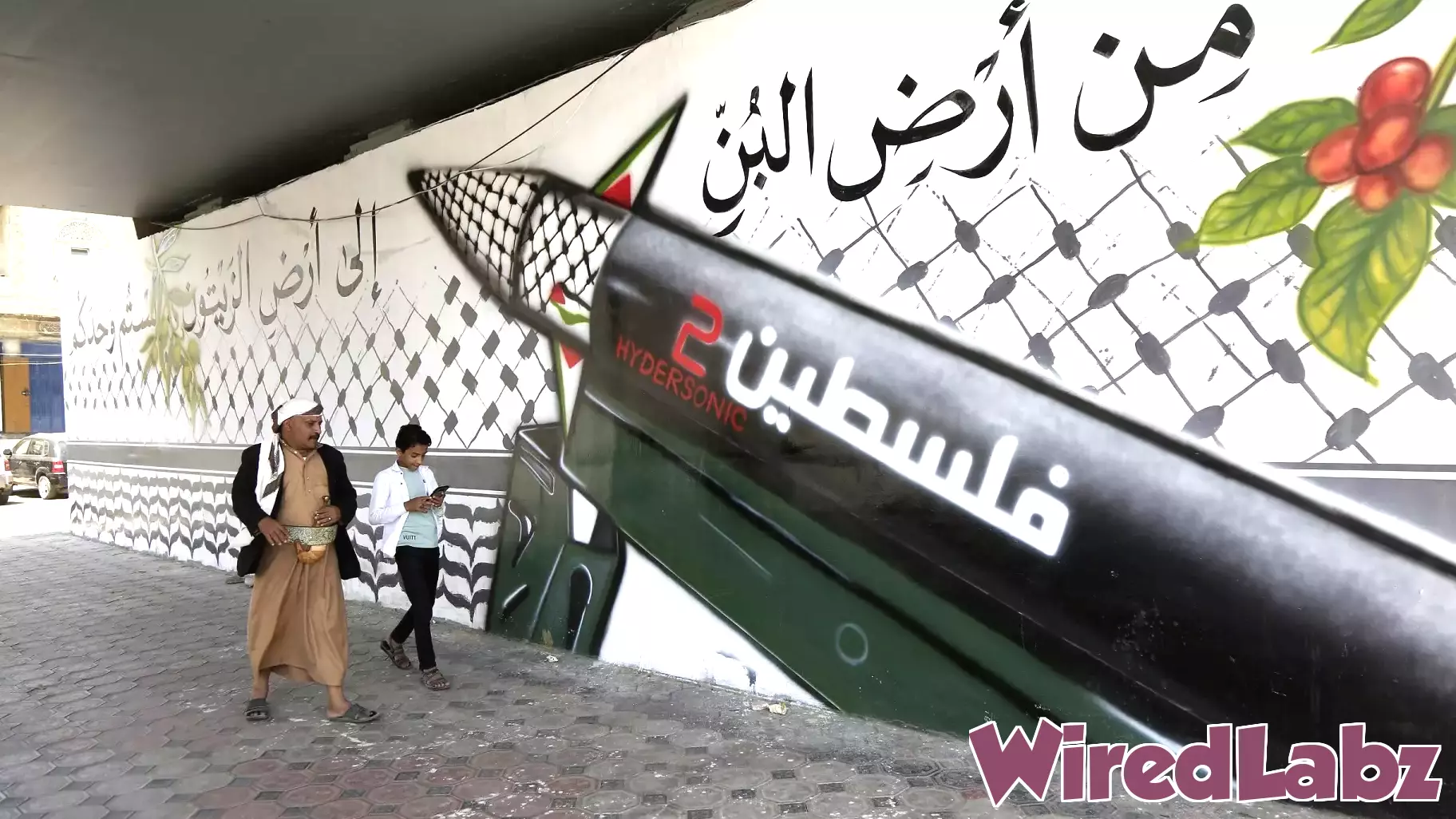December 30, 2024 - 18:46

Since Israel achieved tactical victory against Hezbollah earlier this year, the dynamics of military engagements in the Middle East have shifted, particularly concerning missile technology. The Houthi rebels in Yemen have significantly enhanced their missile capabilities, thanks in part to advanced technology supplied by Iran. This development poses a formidable challenge for Israel, which has long relied on its sophisticated defense systems to intercept incoming threats.
The Iranian influence in the region has allowed the Houthis to develop more sophisticated missiles that are not only harder to detect but also more difficult to intercept. These advancements complicate Israel's security strategy, as the range and accuracy of Houthi missiles have improved, enabling them to target key locations within Israel.
As tensions rise, the implications of this arms race extend beyond the immediate conflict, affecting alliances and military strategies across the region. The situation underscores the complexities of Middle Eastern geopolitics, where technological advancements can rapidly alter the balance of power. As nations grapple with these developments, the potential for escalation remains a pressing concern.



